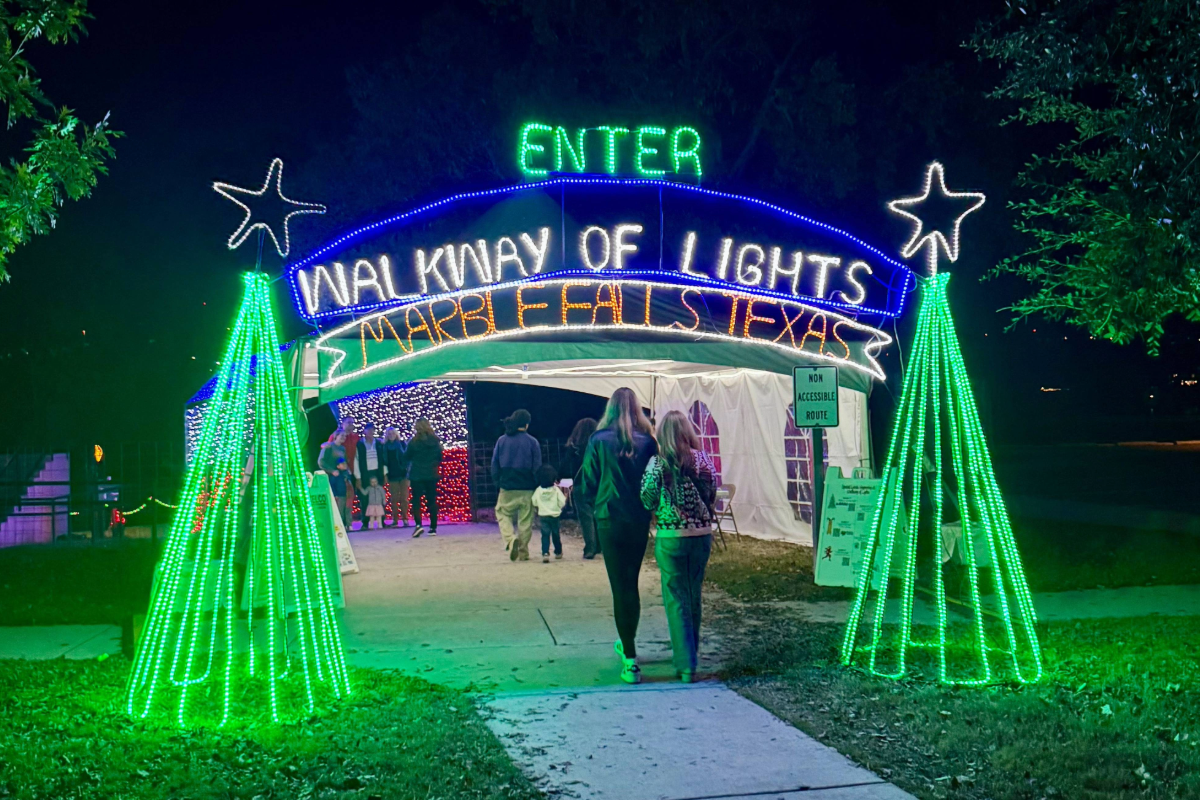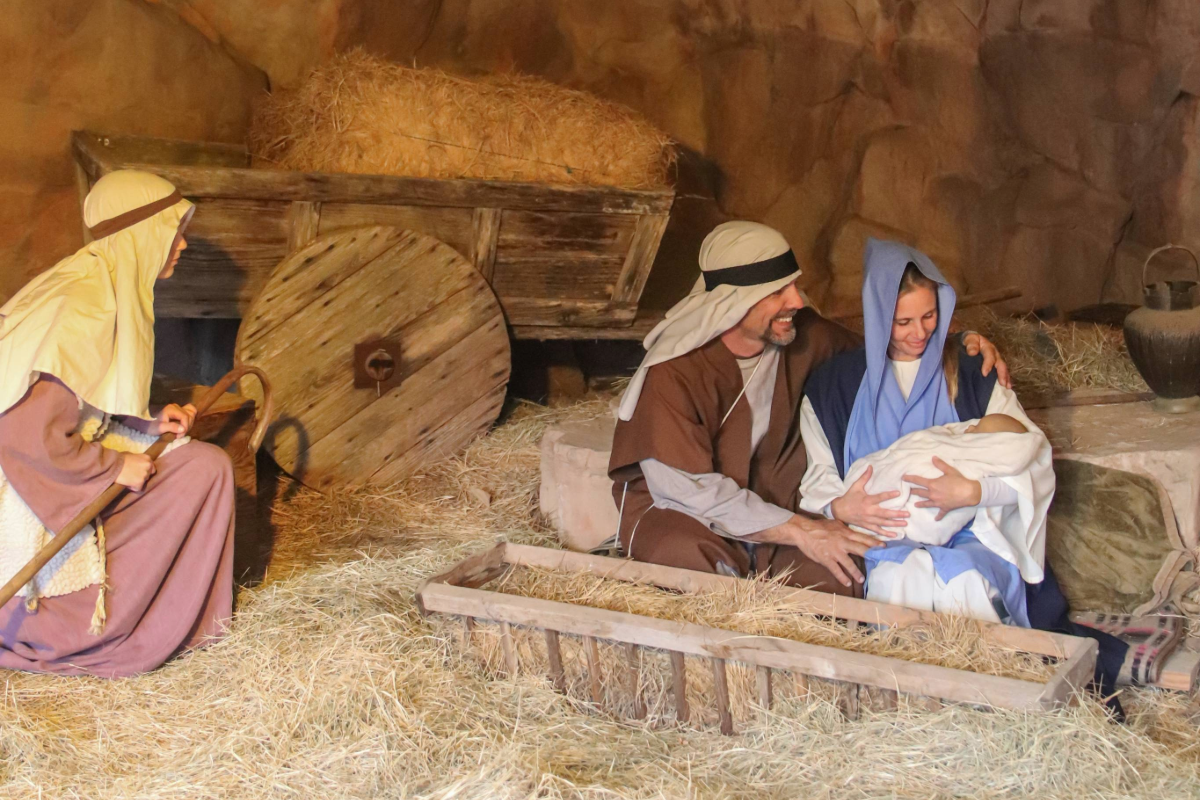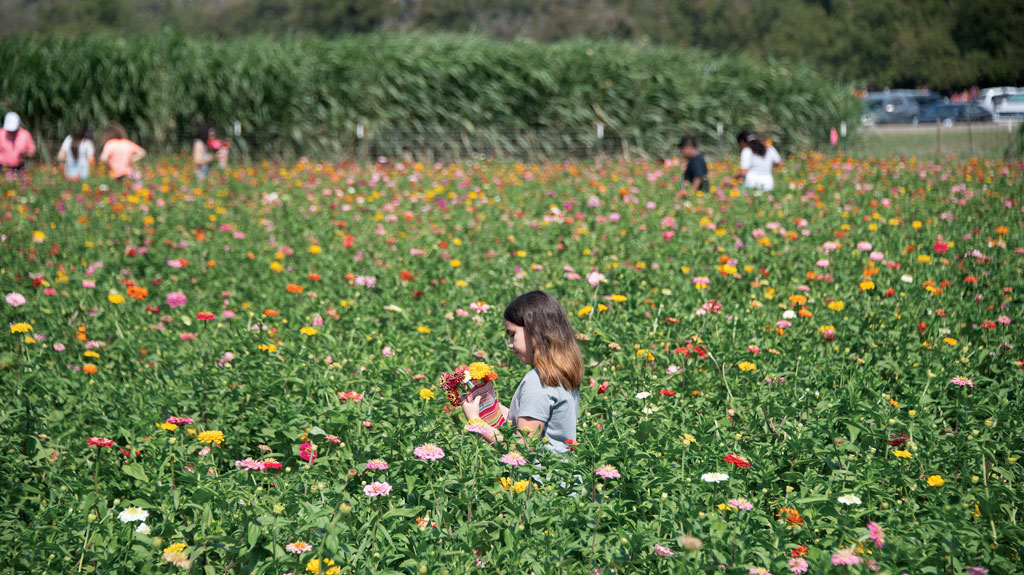
It’s time to drain all gasoline engines and oil parts and clean tools before storing them for the winter.
Well, here it is November, and we have things to do in the garden.
1. Clean your tools and oil them for winter storage.
2. This is a great time to plant almost anything: vegetable seeds, mustard, radish, spinach, lettuce, peas, perennial herbs, strawberries, and perennial plants, trees, and shrubs. This is also your very last chance to plant wildflowers.
3. Drain all gasoline engines and oil those parts necessary for winter storage. Don’t let gasoline sit in your equipment (mowers, edgers, etc.) Run the engines until all the gasoline has been depleted.
4. This is a good time to order your seeds for spring.
5. Remember: Grasses and shrubs still need to be watered in the winter. Set up a regular schedule to be followed in case of lack of winter moisture. The Dirt Doctor recommends, “If brown patch disease is still showing in turf, treat with whole ground cornmeal and drench with garlic tea if the problem persists.”
6. This is an excellent time to prepare your garden beds for next spring. Work in any of the organic matter, and those beds will be ready when you need them. I have just finished doing this by adding turkey litter (turkey manure and rice hulls) to my garden beds. Visit your friends who raise livestock and/or poultry and volunteer to clean out hen houses, barns, and pens. Take that collected organic matter and work it into your garden beds now. By doing this now, you will not burn up your young plants next spring.
7. Continue to water young fruit trees and other trees planted last January. They really need help and tender loving care during the first few seasons to achieve strong growth and productivity.
PLANTS INSIDE
We must prepare our plants and soil for the winter. If you have plants that are outside, and you are bringing them inside, inspect them to make sure you’re not bringing pests into your home. You can treat these with organic pest control or botanical pesticides. Botanical pesticides are made from plants so they breakdown quickly. Bacillus thurningiensis (Bt) natural pesticides are another option. Bt is a fascinating natural soil-borne bacterium. It has a protein crystal inside of its spore that is toxic to insects when consumed. Third, to further aid your potted plants, add 1-2 tablespoons of apple cider vinegar to 1 gallon of water as often as possible. This will also give them a boost and help plants adjust to being inside, minimizing their culture shock.
Make sure to water all your plants the night before a freeze. Freeze damage occurs when the plants are frozen from the inside out. Since plants are mostly water, the more you water the less chance for the plant freeze.
You knew we were going to say mulch, mulch, and more mulch around your plants and trees, which is very beneficial during winter as well as summer.
After that first “good” freeze (a good freeze means we have had freezing temperatures for longer than a day, not just dips), we will discuss pruning our trees. Speaking of trees, have you made your list of trees you are going to plant?
TREES
What to plant and where to plant them? We must define why we want a tree in the first place. Are you interested in shade from the summer’s burning sun? Are you looking for screening? Do you just want a tree for the sake of having one? Keep in mind your surroundings: power lines, house overhangs, garages, sidewalks, driveways, septic systems, and water lines, etc. If you have just purchased your home in the past few years, you should have a survey of your lot. What a blessing! This will be your blueprint of where most of those things we listed above are. Now go make some copies to use in your tree decisions (you don’t want to use the original).
Keep your souls and soles in your garden! Remember the True Master Gardener, Jesus, said, “I am the vine; my Father is the Gardener.” John 15:1. Contact Bill Luedecke at The Luedecke Group Realtors at (512) 577-1463 or email him at bill@texasland.net. Contact Martelle Luedecke at (512) 769-3179 or luedeckephotography@gmail.com.










